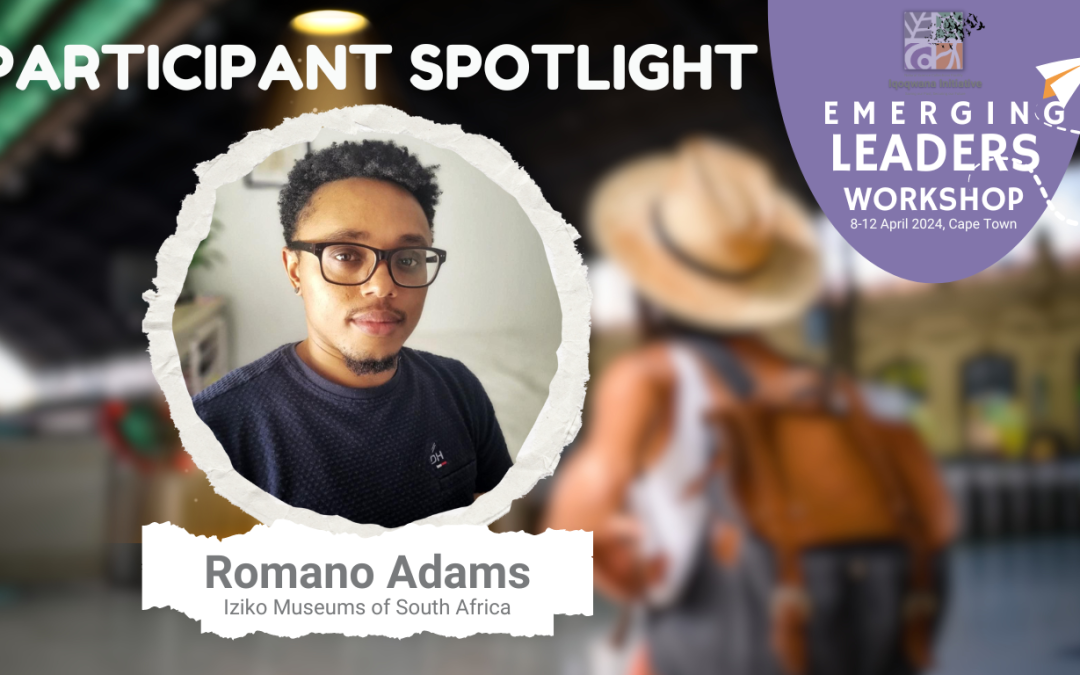Getting to know Romano
Romano is a collections assistant at the Iziko Museums of South Africa in the Marine Biology Biodiversity Unit. He finds it a privilege and an honor to have worked at this institution for seven years.
His role involves the curation, conservation, and preservation of diverse marine specimens, including but not limited to crustaceans, echinoderms, cephalopods, polychaetes, and marine fish. He sees the work that he does as important, because by securing the collections, he is securing our “glimpse of this timeline for future generations.”
A typical day for Romano involves digitising new acquisitions onto Specify. However, when not behind the computer, he is spending valuable time in the various collections caring for South Africa’s natural history assets, from wet collections to dry material, as well as attending to researchers and visitors.
According to Romano, collections serve as a source of information to answer an array of questions, whether they be from the past, present, or future. He further adds that collections are our own treasure and will help make better choices for our future.
His biggest learnings in working with and in collections have been managing time, day to day, week to week, and over longer periods, and then prioritising tasks to achieve certain goals and deadlines.
Romano as a young leader: Working with marine collections has tested Romano’s communication skills, making decisions under pressure, and working within a team, thus raising his view and level of self-awareness. He envisages becoming a more resilient and spirited individual after attending the workshop, and he further expects to gain the ability to see bigger picture goals and become excellent at dealing with challenges.
Romano’s anticipation for the workshop: He expects to develop and enhance leadership skills, as well as gain strong initiative skills that can contribute to museum collections and his daily life.
The importance of the workshop: In Romano’s view, empowering young leaders is incredibly important because young leaders are the custodians of our heritage, and in that lies the opportunity to serve, lead, and capacitate others around us in all aspects of life.
Anticipated challenges in stepping into the young leader role: Romano admits that working in large groups consisting of diverse individuals can be stressful. Therefore, a great challenge is finding the perfect spot between what’s suitable for the team and the tasks provided. He believes that the workshop will create great opportunities for growth and becoming more effective and stronger. He further believes that respecting boundaries and understanding responsibilities is one of several ways to maintain a sustainable workplace while becoming a young leader, as well as expressing initiative and leading certain projects within a team.
Preparation for the workshop:
“Apart from reading the material provided, I am reading and listening to additional leadership topics as well as topics related to the NSCF institutional values. I hope this will provide me with a solid foundation.”

